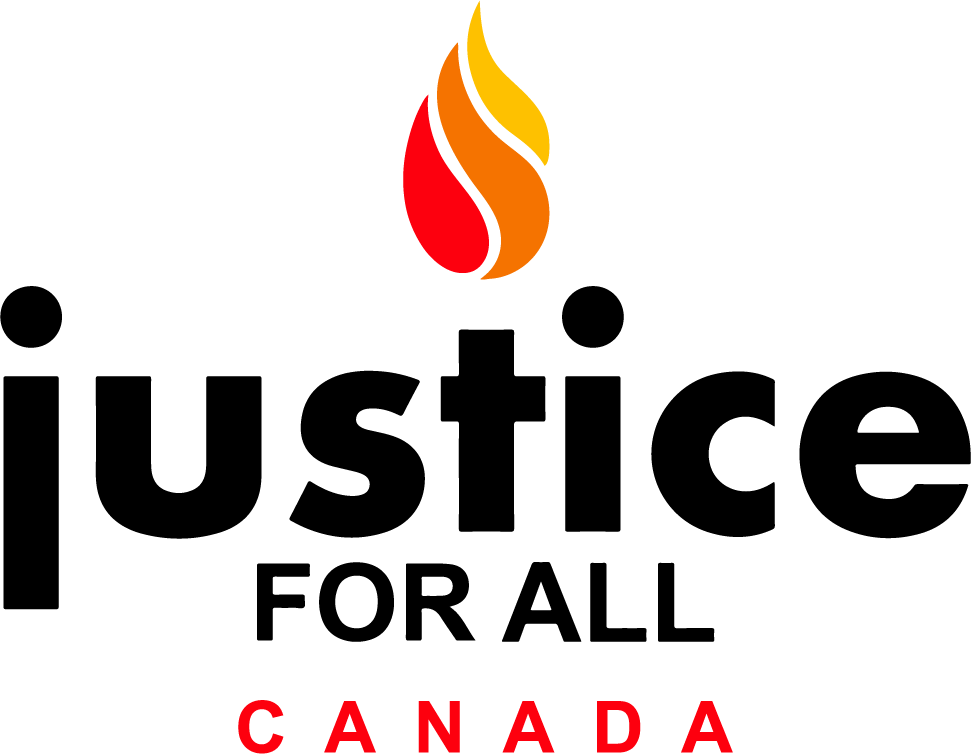|
Justice for All Canada
100-4310 Sherwoodtowne Boulevard, Mississauga, Ontario, L4Z 4C4 [email protected] |
|
Subscribe to Our Mailing List
|
|
© Justice for All Canada. All Rights Reserved
|
Designed and Developed with ❤ by Crescent Marketing Solutions
|
